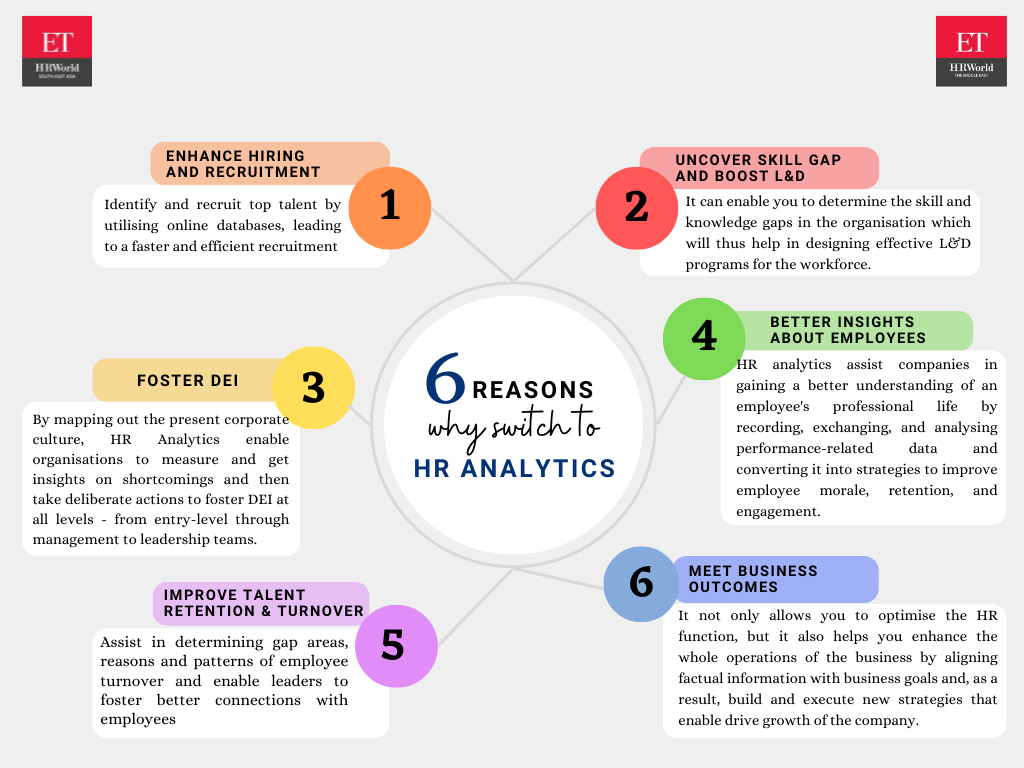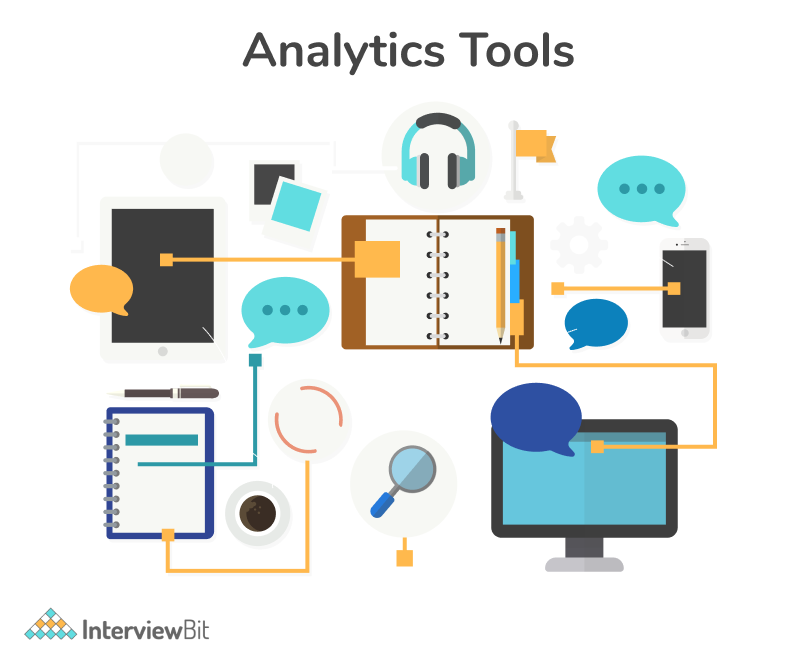Improve ROI and Efficiency With Strategic Analytics Preparation
Improve ROI and Efficiency With Strategic Analytics Preparation
Blog Article
Maximize Development: Exactly How Analytics Drive Better Strategies
In today's data-driven landscape, companies progressively recognize the crucial function of analytics fit efficient growth methods. By using data insights, businesses can improve their operational techniques, prepare for market adjustments, and enhance consumer engagement. The difficulty exists not only in gathering information but in successfully interpreting it to drive concrete end results. As we explore the crucial advantages and methodologies related to analytics, a crucial concern arises: how can organizations guarantee they are leveraging these understandings to open their full capacity? The response might redefine the future of strategic planning.
Recognizing Information Analytics
Information analytics is a systematic computational analysis of data that enables organizations to uncover meaningful patterns and insights. This process encompasses a variety of techniques, including statistical evaluation, anticipating modeling, and data mining, which collectively intend to change raw information right into workable details - Analytics. By using these methodologies, organizations can make informed choices that are rooted in empirical proof as opposed to instinct alone
The structure of data analytics hinges on its ability to deal with large amounts of details from varied resources. This includes structured data, such as data sources, and disorganized data, including social media communications and consumer comments. With using specialized software and devices, experts can extract and process this information effectively, identifying trends and relationships that might not be right away obvious.
Understanding information analytics likewise involves identifying the value of data high quality and stability. Accurate and trusted information is critical for purposeful analysis; hence, organizations must apply robust information governance techniques. The iterative nature of analytics permits for continuous improvement and improvement of methods, guaranteeing that companies remain nimble in the face of transforming market dynamics and consumer actions.
Key Advantages of Analytics

One of the essential benefits of analytics is its ability to provide actionable understandings. Organizations can promptly assess huge quantities of data, uncovering patterns that might not be quickly noticeable.
An additional considerable benefit is enhanced customer understanding. Analytics devices make it possible for businesses to segment their target market, track customer habits, and customize marketing initiatives. This targeted strategy not only improves consumer interaction but additionally drives greater conversion rates.

Implementing Analytics Strategies
To completely understand the advantages of analytics, organizations need to adopt structured methods for implementation. This begins with plainly specifying goals that straighten with broader service objectives. By establishing particular, quantifiable end results, organizations can focus their analytics efforts on locations that produce the highest roi.
Following, organizations ought to focus on information administration to ensure the integrity and safety of the information being assessed. This involves establishing procedures for data collection, storage space, and accessibility while sticking to pertinent laws. Ensuring premium information is critical for creating purposeful understandings.
Furthermore, promoting a society of data-driven decision-making is essential. This needs training workers to interpret analytics searchings for and motivating cooperation throughout divisions. When groups my sources comprehend the worth of analytics, they are most likely to integrate insights into their daily procedures.
Last but not least, companies must consistently assess and fine-tune their analytics methods. The landscape of data and technology is continually advancing, and remaining adaptable will permit companies to leverage brand-new devices and methods efficiently. By implementing these organized methods, organizations can maximize the influence of their analytics efforts and drive sustainable development.
Tools for Effective Evaluation
Effective evaluation relies upon a variety of devices that help with the removal of her response insights from information - Analytics. These tools can vary from basic spreadsheet applications to advanced machine discovering platforms, each offering an unique objective in the analytical procedure
Data visualization software, such as Tableau and Power BI, plays a critical function in changing complex datasets into easy to understand graphical representations. These devices enable analysts to determine trends and patterns swiftly, enabling even more informed decision-making.
Analytical evaluation software program, like R and SAS, supplies innovative abilities for performing in-depth analyses, including regression, theory screening, and anticipating modeling - Analytics. These features empower organizations to draw significant verdicts from their information, recognizing potential opportunities and risks
Moreover, data source administration systems such as SQL and NoSQL data sources give the essential infrastructure for storing and querying large volumes of data efficiently. They ensure that data is organized and accessible for analysis.
Lastly, business intelligence systems incorporate numerous information resources, supplying a detailed view of business efficiency. By making use of these devices successfully, services can improve their analytical capabilities, allowing them to create approaches that make best use of development and enhance general performance.
Study of Success
Effective organizations typically leverage information analytics to drive impactful approaches, as confirmed by numerous noteworthy case studies. One noticeable instance is Netflix, which utilizes innovative formulas to evaluate viewer choices and behavior. By using these understandings, Netflix has efficiently tailored its content suggestions, resulting in raised individual engagement and client retention. Their data-driven technique has most certainly added to their status as a leading streaming service.

In addition, Starbucks employs data analytics to determine optimal store places and fine-tune its product offerings. By taking a look at consumer demographics and acquiring patterns, Starbucks efficiently recognizes high-potential markets and customizes its food selection to neighborhood preferences, driving sales and consumer commitment.
These study highlight that reliable application of information analytics straight from the source can bring about calculated advantages, fostering innovation and growth within organizations across different markets.
Final Thought
In verdict, the combination of analytics right into business strategies dramatically improves decision-making processes and cultivates sustainable development. The effective execution of analytics tools better sustains dexterity and advancement, enabling companies to navigate affordable landscapes with greater precision.
Information analytics is a methodical computational evaluation of data that makes it possible for organizations to uncover significant patterns and insights.Comprehending information analytics also entails recognizing the value of data high quality and honesty. Reputable and exact data is vital for meaningful analysis; therefore, companies should carry out durable data governance methods.Following, organizations ought to focus on information administration to guarantee the stability and protection of the data being evaluated.Effective organizations commonly leverage data analytics to drive impactful techniques, as confirmed by numerous notable case research studies.
Report this page